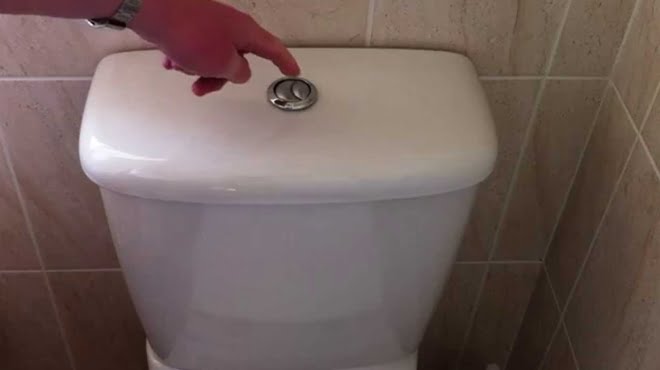Government bureaucrats fear they have messed up the country’s water supply and sanitation systems so badly – that the flush loo may become just a misty memory.
The warning was delivered at a Mail & Guardian water conference in Johannesburg, Tuesday, by Trevor Balzer, a deputy Director-General in the Department of Water and Sanitation.
“In future we must look at waterless sanitation. We cannot sustain waterborne sanitation,” he told delegates. “We need to embrace the new normal.”
He also warned that consumers will have to face rising water levies.
“Our tariff structures don’t assist us in resolving some of the issues we have,” he said. “Tariff increases above inflation will be required.”
He said billions of rand in investment is needed in crumbling infrastructure, as 56 percent of municipal wastewater treatment and 44 percent of water treatment works are in a poor or critical condition.
However, “there is a funding gap of water investment of R33bn over next ten years – the requirement is R90bn”.
Earlier, water strategist Anthony Turton warned that SA must move from a vision of scarcity to one of ample water.
He suggested that economic growth would shoot up if water became an enabler, and not a constraint.
“The concept of Day Zero has taken us to the logical conclusion of the paradigm of scarcity – that water is a finite and limited resource,” he warned.
“But it is an infitely recyclable and renewable resource. We need a new paradigm….of abundance.
“If we have to restrict ourselves to 50l of water a day, it will destroy investor confidence and destroy this country.”
Turton said we need a recycling water economy.
“It will attract significant technology and investment into the economy,” he insisted. “There is a big appetite to invest.
“We have the skills, the appetite for investment, and a realisation that water is a serious problem, but also an opportunity.
“There is no limit to the amount of capital. There’s the technology. What is missing is policy certainty, and the mechanism to engage with the state.
“We need all levels and tiers of government saying the same thing about water.
“We need the emergence of special-purpose vehicles – sophisticated mechanisms to enable the private sector to engage with the state.
“I have made a public call on the President to establish a war room on water. Depoliticise it so we can get significant economic growth, create jobs, generate enough wealth to decently redistribute it.
”This is a national strategic initiative, but we need to depoliticise it.”
And he noted that Gauteng has just made a decision on a water war room.
